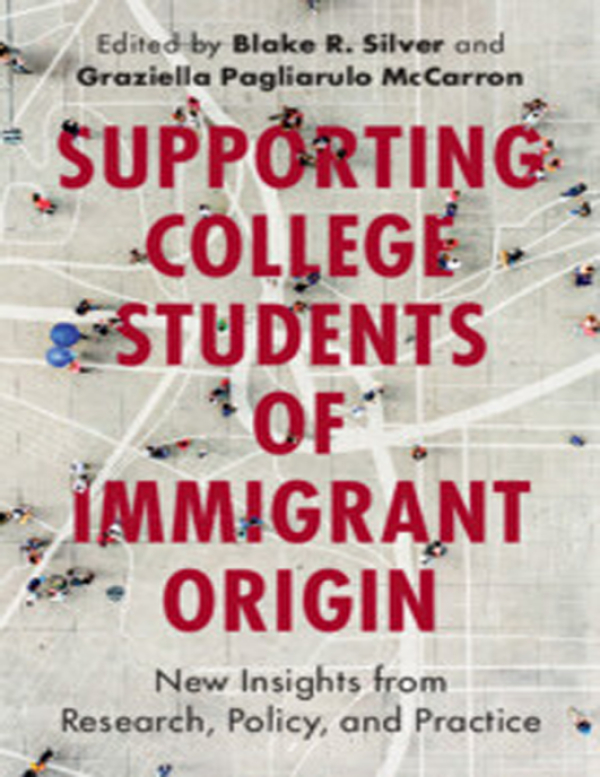
Building relationships and utilizing support networks on and off campus as a first-generation college student (FGCS) from an immigrant family is critical to achieving postsecondary success. This book chapter, featured in Supporting College Students of Immigrant Origin: New Insights from Research, Policy, and Practice, explores the personal support networks and help-seeking preferences of immigrant-origin FGCSs as part of a three-year longitudinal mixed-methods study with FGCSs at four public Hispanic-serving institutions in California.
The authors employ social network analysis methods using survey and interview data to explore the types of relationships twelve Latinx immigrant-origin FGCSs have that provide them support in college. To guide their analysis, they use Yosso’s model of community cultural wealth.
Findings reveal the significance and specific types of support provided by parents, siblings, extended family, friends and peers, co-workers, and college advisors. These findings promote an expansive view of familial support, with relationships that may provide encouragement, motivation, and tangible support and that may help connect students to college-based resources. A better understanding of these relationships could facilitate the modification of student services and programming to help FGCSs enroll and persist in college.
